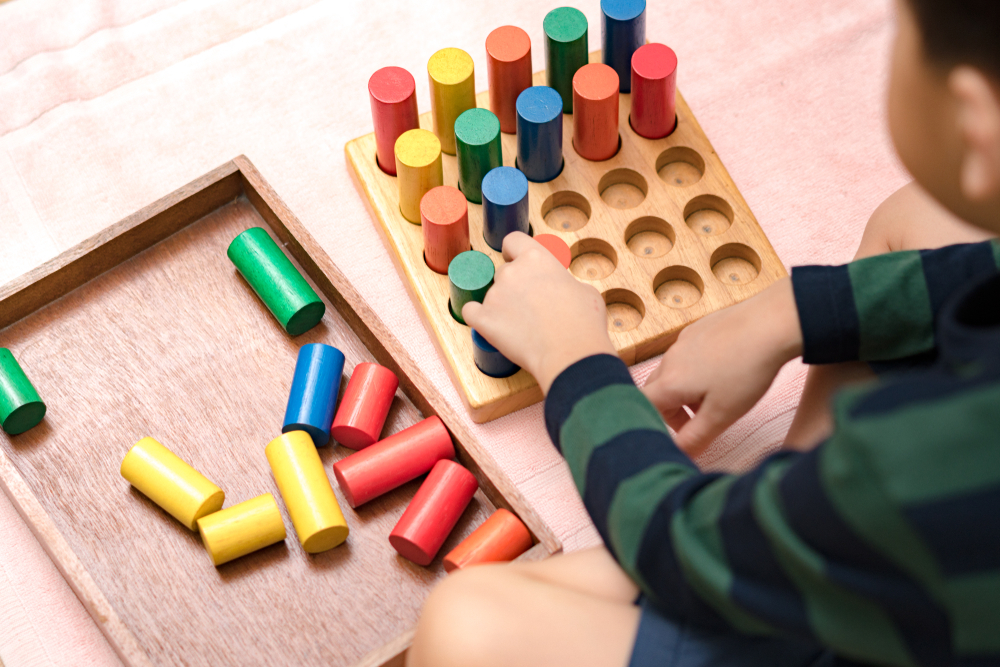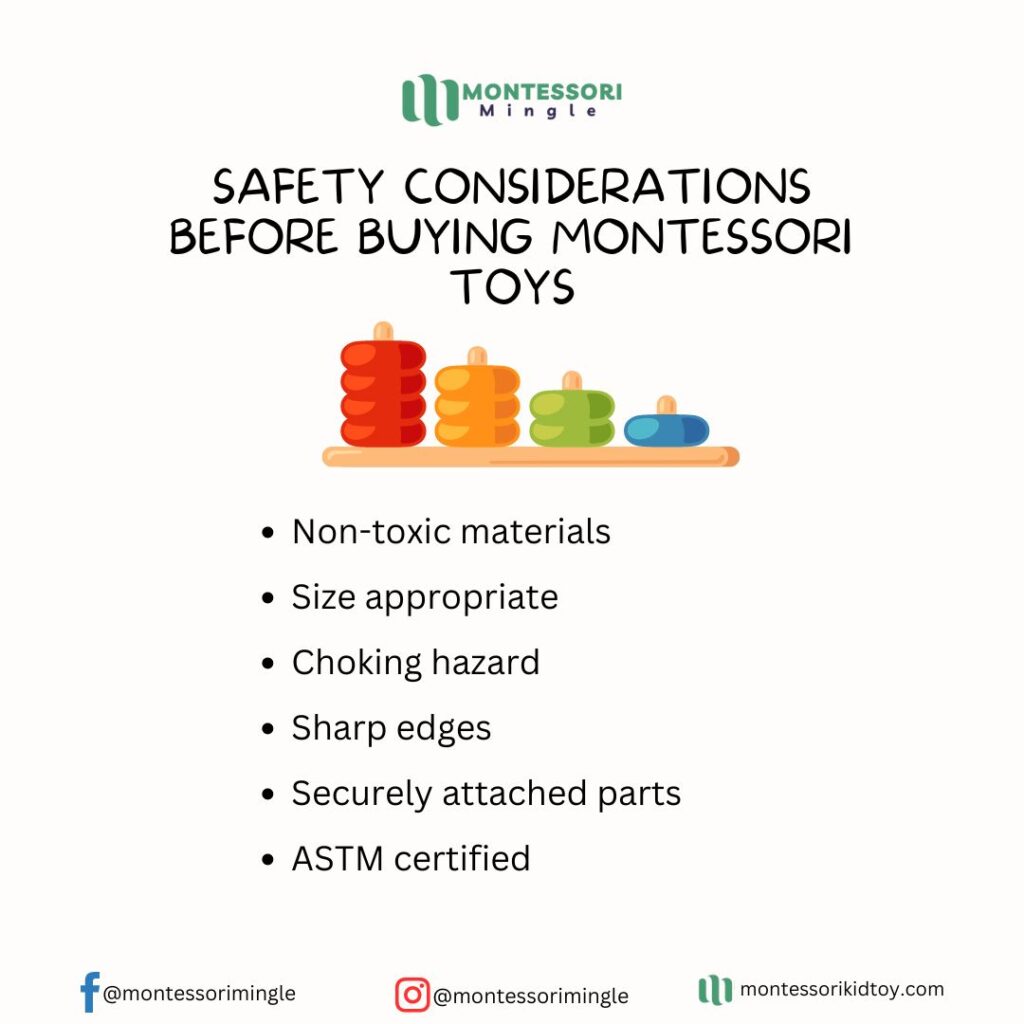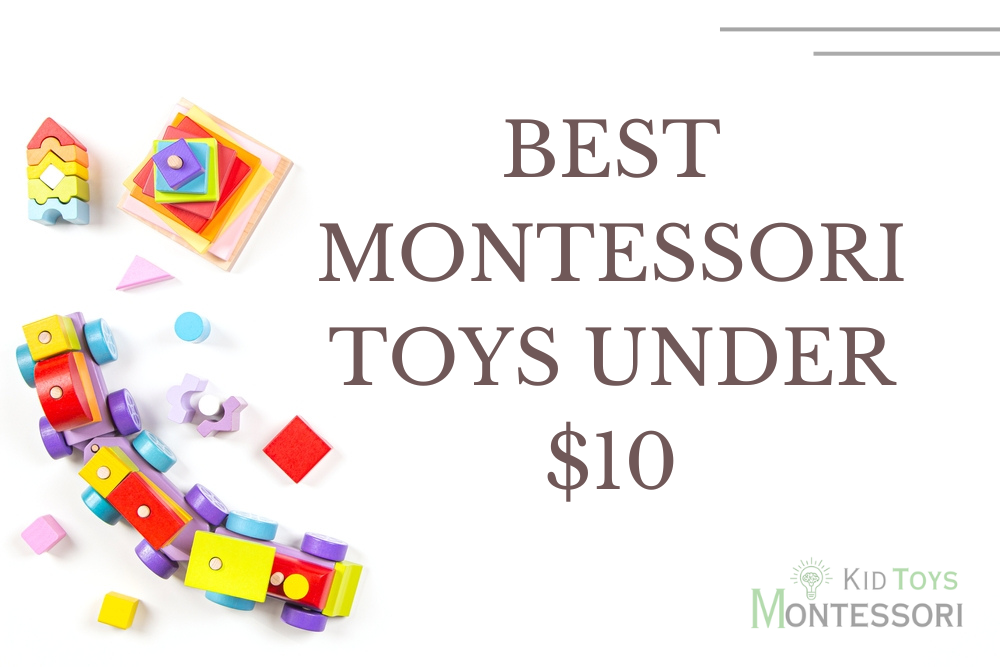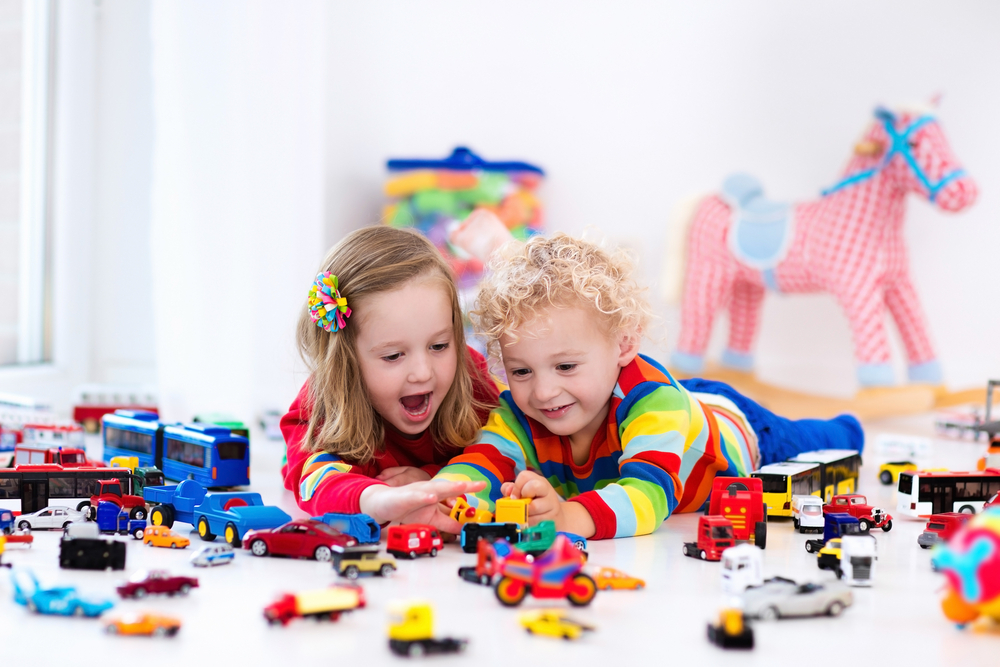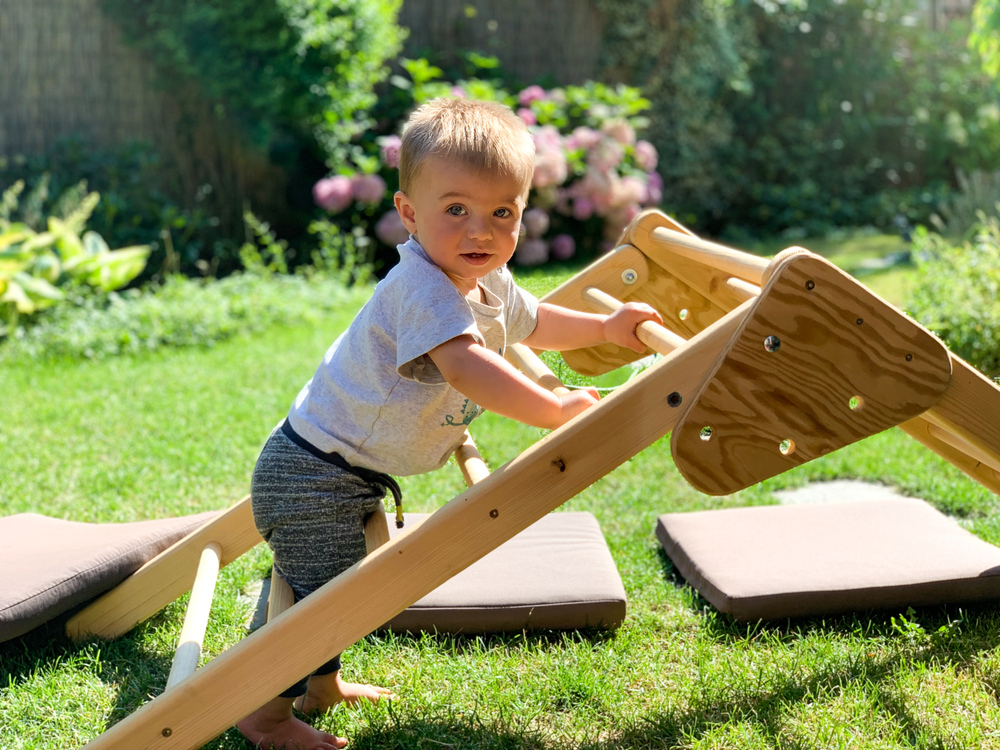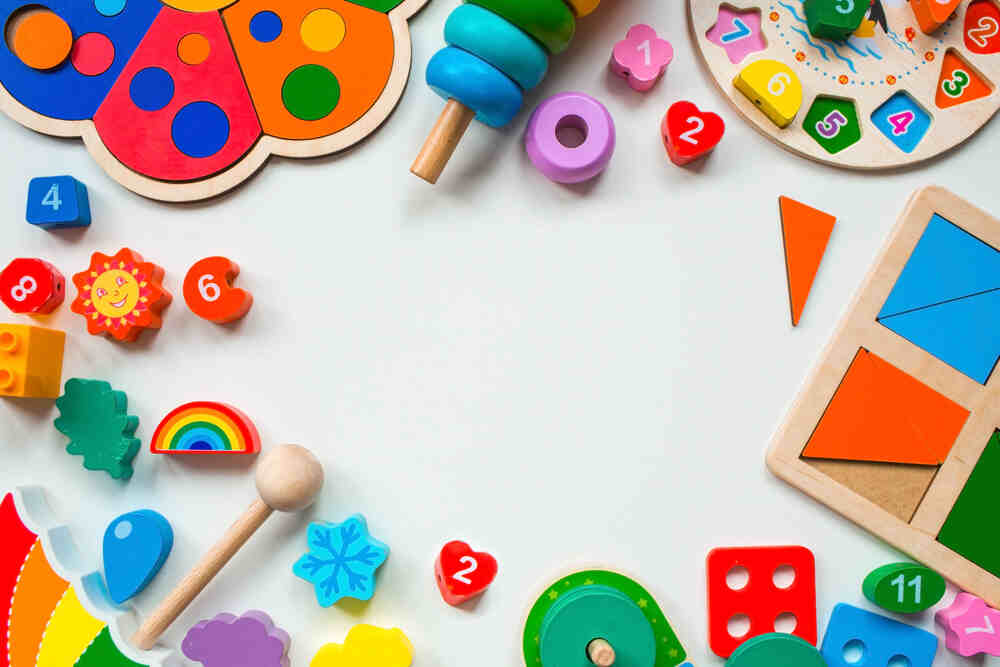Cognitive development in children is a crucial aspect of their growth, encompassing their ability to think, learn, remember, and problem-solve. It lays the foundation for future learning and academic success.
In recent years, there has been a growing recognition of the importance of cognitive development toys in fostering these essential skills. These toys are designed not just for entertainment, but also to stimulate various cognitive processes, aiding in the holistic development of children.
Understanding Cognitive Development:
Cognitive development refers to the construction of thought processes, including memory, problem-solving, decision-making, and language acquisition, from infancy through adolescence.
According to Jean Piaget’s theory of cognitive development, children progress through distinct stages, each marked by characteristic cognitive abilities and behaviors. These stages include the sensorimotor stage, preoperational stage, concrete operational stage, and formal operational stage.
The Role of Cognitive Development Toys:


Cognitive development toys play a significant role in stimulating and enhancing cognitive abilities in children. Here are some ways they contribute to cognitive development:
Problem-solving skills:
Toys such as puzzles, building blocks, and shape sorters encourage children to use logic and reasoning to solve problems. As they manipulate pieces and figure out how they fit together, they develop spatial awareness, critical thinking, and problem-solving skills. Opt Montessori toys to develop Problem-Solving skills.
Creativity and imagination:
Toys that promote imaginative play, such as dolls, action figures, and playsets, allow children to create stories and scenarios. Engaging in imaginative play enhances creativity, narrative skills, and the ability to think abstractly.
Language development:
Toys like books, flashcards, and interactive toys with recorded voices help children develop language skills. They learn new words, improve vocabulary, and understand the structure of language through play-based interactions.
Memory enhancement:
Memory-based games, such as memory matching cards and sequencing puzzles, aid in the development of memory retention and recall. These games challenge children to remember patterns, sequences, and associations, thus strengthening their memory.
Fine motor skills:
Toys that involve precise movements, like threading beads, drawing, and using construction sets, help develop fine motor skills. These activities enhance hand-eye coordination, dexterity, and control over small muscle movements. Want to know if your kid has fine motor skill issues? Read the guide here.
Mathematical concepts:
Toys that involve counting, sorting, and basic mathematical operations introduce children to mathematical concepts in a fun and interactive way. Examples include counting beads, shape sorters, and simple math games.
Social skills:
Certain toys, such as board games and cooperative playsets, promote social interaction and teamwork. Children learn to take turns, share, communicate, and negotiate with others, fostering important social skills.
Selecting Cognitive Development Toys:
When choosing cognitive development toys for children, it’s essential to consider their age, interests, and developmental stage. Here are some tips for selecting appropriate toys:
- Look for toys that are age-appropriate and match the child’s developmental stage.
- Choose toys that are open-ended and allow for multiple ways of play, fostering creativity and imagination.
- Opt for toys made from safe, non-toxic materials that are durable and easy to clean.
- Consider toys that encourage active, hands-on engagement rather than passive entertainment.
- Pay attention to the educational value of the toy, focusing on its ability to stimulate cognitive skills.
Conclusion
Cognitive development toys are invaluable tools for nurturing various cognitive skills in children while providing them with opportunities for fun and exploration. By engaging in play-based activities with these toys, children not only develop essential cognitive abilities but also cultivate a love for learning.
As parents, caregivers, and educators, investing in high-quality cognitive development toys can significantly impact a child’s intellectual growth and future success. So let’s encourage play that fosters cognitive development and watch our children thrive.
